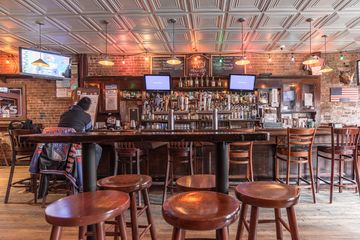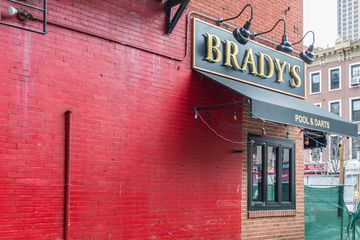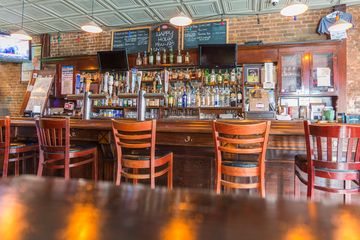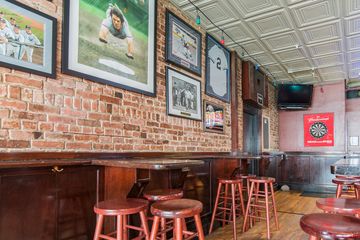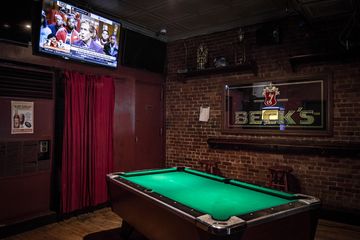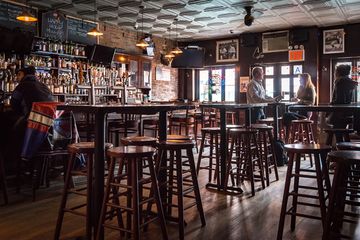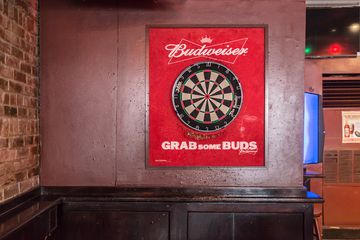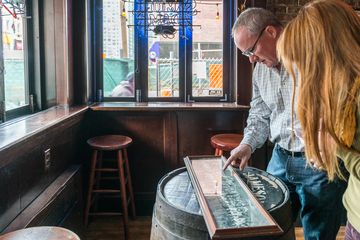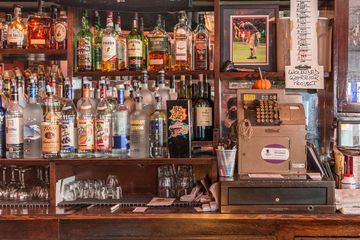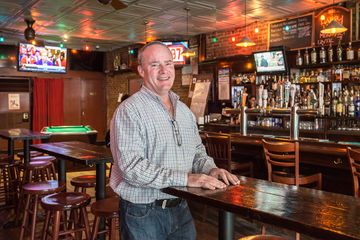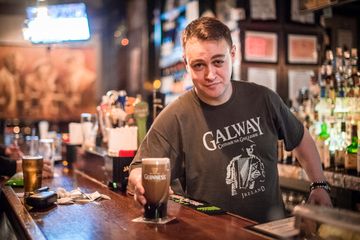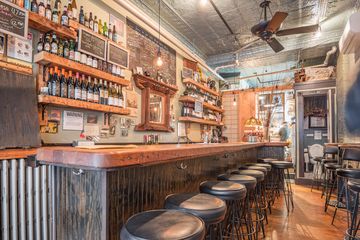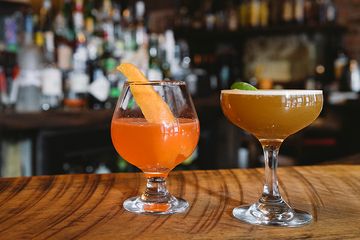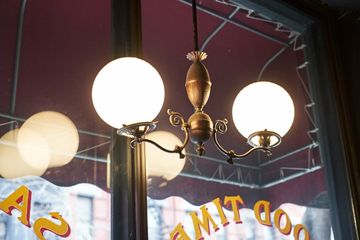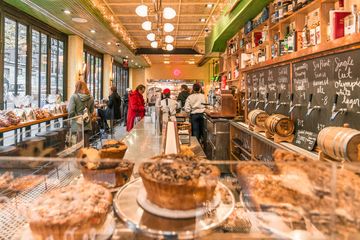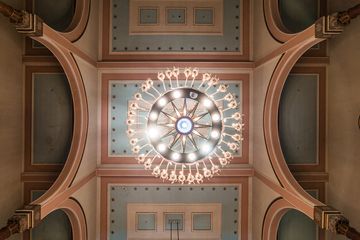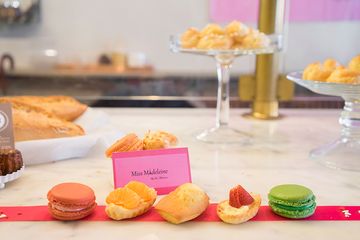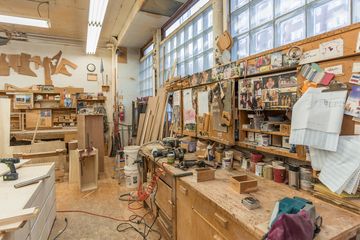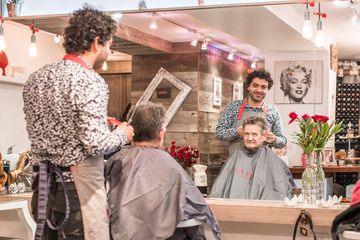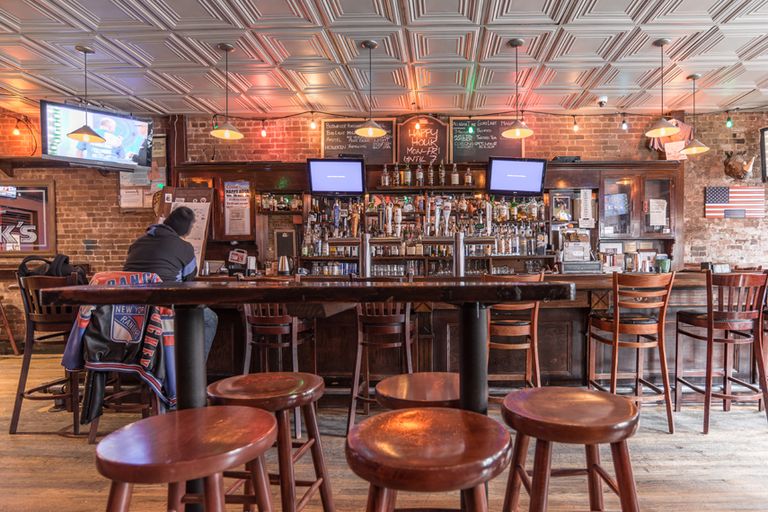
The first time that I stopped into Brady's, it was a Sunday afternoon, and when I asked the bartender for a business card, one of the regulars jovially yelled out, "This isn't a business, it's a circus." And thus began my relationship with this friendly corner spot. A bar has stood on 82nd and Second Avenue since the early 1900s, though it was not always called Brady’s. The original bar, McGrath’s, which was allegedly “open” during Prohibition, was bought by an Irishman named Dan Brady in 1961. In 1991, Mr. Brady signed it over to his son, Dan Jr., who left his work in the world of computers to run the family business.
I spoke to the younger Dan, who is chock full of memories of the bar. Although his father was Irish and there is a large selection of Irish whiskey, Brady’s is more of a sports bar than an Irish tavern. Dan describes it as a “blue collar bar in a white collar neighborhood.” His earliest memories of the establishment are from when he was just a toddler and customers would take him by the hand and lead him to the candy counter down the street. He told me stories of running out the front door and in through the back door over and over and playing ball against a building on 82nd Street. He also showed me a photograph on the wall, taken in 1976, of an outing to Westchester. Dan’s whole family, as well as many of the bar customers, chose to go on the trip together.
I was impressed to learn that Dan has studied up on the history of the neighborhood. He took me outside and pointed to a notch where horses had been tied up back when the old carriage house (now the restaurant and teahouse King’s Carriage House) was in use, and pointed out where the hay for the horses used to be kept.
When Dan took over from his father, he made a lot of changes (installing flatscreen TVs, adding a dart board and a pool table, and updating the jukebox). He had suggested these ideas to his father before he inherited the bar, but Dan Sr. preferred to keep it the way it had always been and told his son to wait to change the layout until Brady’s was in his name. There is no doubt in my mind that Dan made the right decision to follow in his dad's footsteps - his eyes lit up each time he spoke about a different memory or showed me another personal touch to the bar, including the back wall, which had a signed boxing glove from Mohammad Ali and other sports memorabilia.
Before I left, Dan mentioned that many people assume that because the bar is 100 years old, it is an “old man’s kind of place.” Though it is true that many of the customers have been coming for years, Dan said that the atmosphere of the bar changes considerably at around 8pm to welcome a different kind of crowd. People of all ages come to drink, converse, and play games. “We have a really friendly pool table,” Dan told me with a smile, adding that the experts are usually very happy to give advice to those who request it.
